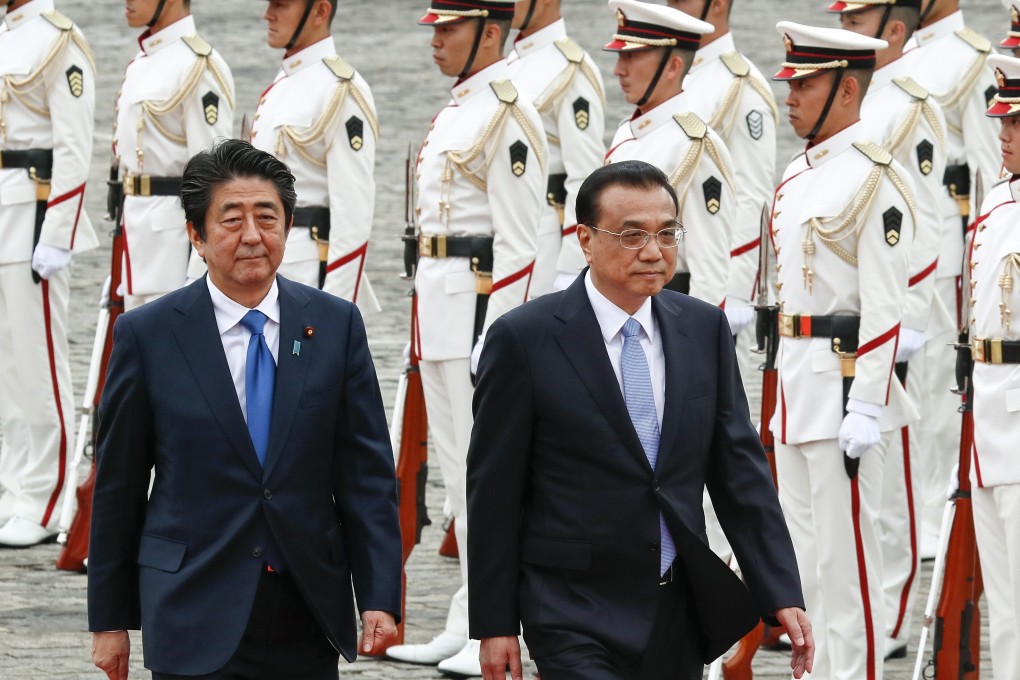Why Japanese Prime Minister Shinzo Abe’s resignation is unlikely to change approach to China
- The Liberal Democrat leader announced that he would step down due to health issues
- Analysts believe that whoever succeeds him will want to continue the balancing act between China and the United States

The next Japanese prime minister is expected to continue Shinzo Abe’s approach towards China, balancing economic ties with a more hawkish approach to security.
Abe, whose second term in office began in 2012, announced on Friday that he would resign for medical reasons.
His eight-year spell in office saw several ups and downs in Japan’s relations with Beijing, with the Covid-19 pandemic and introduction of a national security law in Hong Kong straining ties this year.
Abe, Japan’s longest-serving prime minister, said on Friday that he did not want his worsening health to affect important policy decisions and would therefore step down.
But he will remain in his post until the ruling Liberal Democratic Party chooses a new leader.

02:19
Japan’s Prime Minister Shinzo Abe resigns for health reasons
While there is no clear successor in waiting, front runners include Shigeru Ishiba, the former defence minister and Fumio Kishida, the former foreign minister. Both have indicated that they will stand.